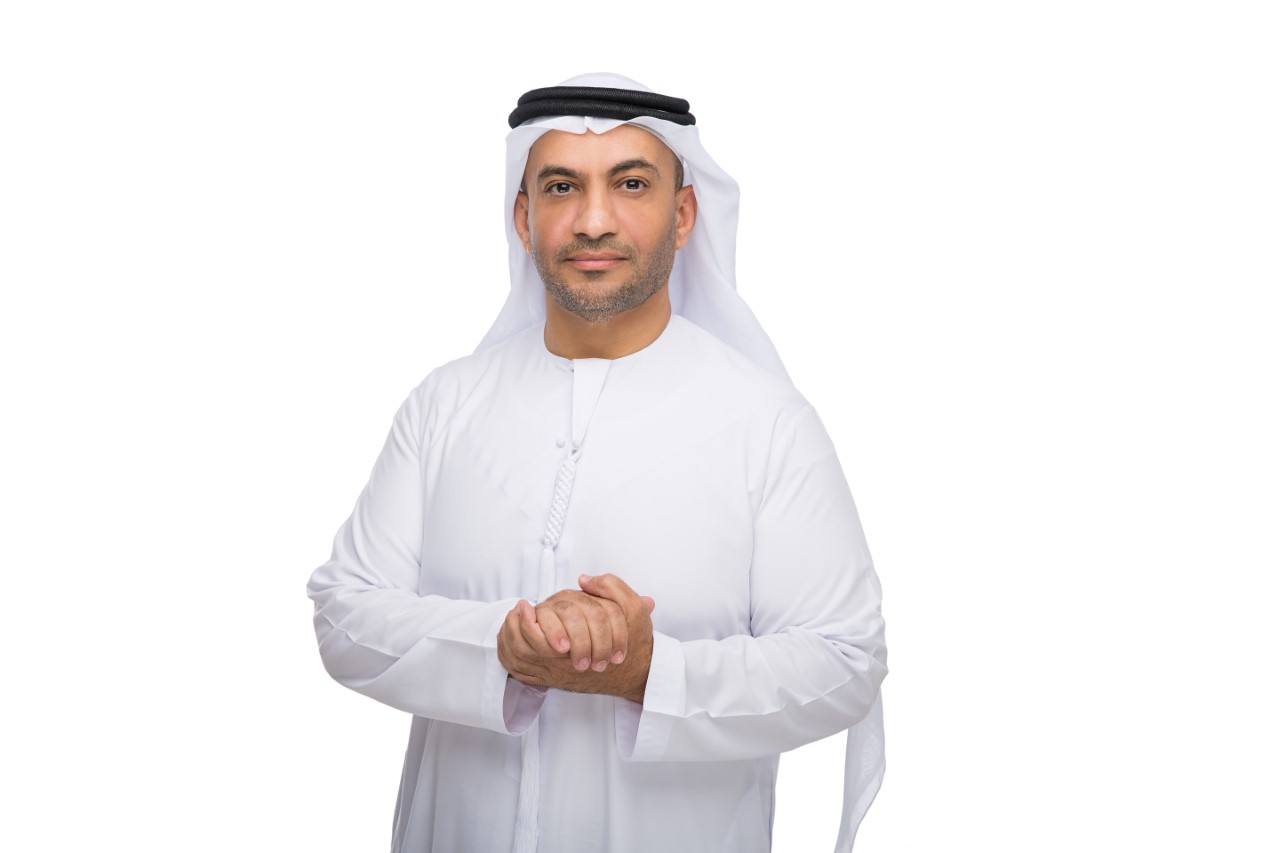Russia’s engagement with the Gulf: Which way?
الأحد - 17 ديسمبر 2023
Sun - 17 Dec 2023
The recent visit of Russian President Vladimir Putin to both the UAE and Saudi Arabia has unveiled a whole new dynamic on the regional and global stage. Russia has solidified its position as a robust strategic partner for both Gulf nations, and President Putin’s recent visit carries profound significance, especially given the mounting strategic challenges faced by the US and the West, be it in Ukraine or the Middle East.
Certain observers contend that the current regional conditions offer a unique opportunity for Russia to bolster its influence in the Middle East. This is a reality acknowledged and deftly exploited by the Russian side to deepen its influence and fortify connections with influential countries in both the Gulf and the Arab regions. This clarifies President Putin’s assertion that the UAE stands as Russia’s most significant partner in the Arab world. He said, during discussions with HH Sheikh Mohammed bin Zayed Al Nahyan, the Crown Prince of Abu Dhabi, that the trade volume between the two countries surged by 68% last year, with expectations of further growth this year. Furthermore, collaboration in investment and industrial sectors has intensified, underscoring the profound implications of Russia’s role in the Middle East.
The “unprecedented high” level of relations between Russia and the UAE, as characterized by President Putin, holds particular weight, given the robust friendship between the leaderships of both countries. They boast major partnerships in investment, oil, and gas sectors. Additionally, the tourism sector between the two countries is experiencing rapid growth, with nearly a million Russian tourists visiting the UAE this year. Moreover, the UAE stands as the largest Arab investor in the Russian economy.
The description of Russian-Emirati relations closely mirrors Moscow’s relations with Saudi Arabia. These relations are of utmost importance for global energy markets. The membership of the three countries in the BRICS bloc provides a common foundation for cooperation and coordination in various economic, trade, and investment domains. All of this is reflected in the global geopolitical landscape.
According to observers, the most crucial strategic indicator is that both Saudi Arabia and the UAE are managing their relationships with international powers differently compared to previous years and decades. New strategic visions based on diversity, openness, and equitable relationships have emerged, ensuring a range of foreign policy alternatives. This approach provides substantial maneuvering space for Emirati and Saudi diplomacy, impacting their status, influence, and ability to achieve foreign policy goals on various issues and fronts.
It’s undeniable that the strengthening of Russian relations with both Saudi Arabia and the UAE attracts attention from the West, potentially causing concern in several Western capitals. Nevertheless, this geopolitical reality is making its mark. The Gulf Cooperation Council countries have succeeded in asserting their new messages and directions. Riyadh and Abu Dhabi maintain distinctive relations with all international powers without exception or favoritism. They can navigate this network of relationships away from polarization, alliance policies, and axes—an approach highly advantageous in the current state of chaos and confusion dominating international relations since the outbreak of the Ukraine war and perhaps even a few years prior.
Russia fully comprehends that both Saudi Arabia and the UAE have strong partnership relations with the US. Moscow astutely grasps the messages conveyed by the new foreign policy of the two countries, dealing with them with precision and attentiveness. Russia is betting on building a common interest base that allows Moscow a level of coordination, cooperation, and understanding, perhaps not less than what Washington enjoys in the Gulf capitals.
It is in the interest of the Gulf Cooperation Council countries and other players in the region to establish a more just and transparent foundation in the global system. It is also in their interest to have influence, status, and a role that matches their ability to impact regional and international balances in line with their interests and the foreign policy goals of the two influential countries. Therefore, Russia, China, India, or other world powers are not alternative poles from the Gulf’s perspective. Instead, there are visions based on building a common interest base with everyone, steering clear of engagement in circles of attraction and conflict that can negatively affect the interests of the Gulf Cooperation Council countries and limit their ability to achieve their ambitious projects and development plans.
Related Articles

Edelman Strengthens Leadership in the Kingdom of Saudi Arabia with New Management AppointmentsEdelman Strengthens Leadership in the Kingdom of Saudi Arabia with New Management Appointments

Partnerships With Major International Organizations Announced Ahead of the Inaugural Global Labor Market Conference in RiyadhPartnerships With Major International Organizations Announced Ahead of the Inaugural Global Labor Market Conference in Riyadh

CULTURAL DEVELOPMENT FUND PARNTERS WITH THE RED SEA INTERNATIONAL FILM FESTIVAL AS A PRINCIPAL SPONSORCULTURAL DEVELOPMENT FUND PARNTERS WITH THE RED SEA INTERNATIONAL FILM FESTIVAL AS A PRINCIPAL SPONSOR

saudi arabia riyadh interational portal for hobbiessaudi arabia riyadh interational portal for hobbies






